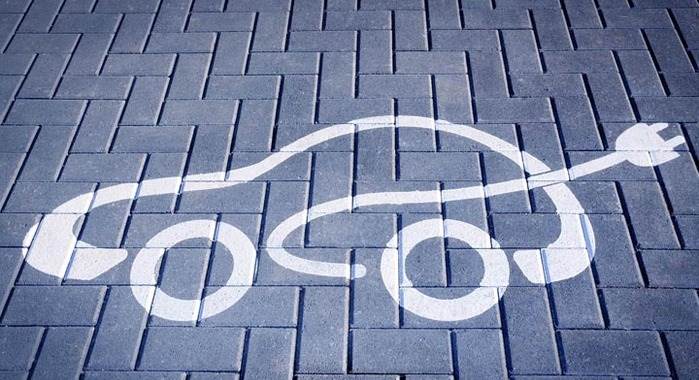India is planning a massive shift to electric vehicles (EVs) over the next decade and a half. It is understood that the National Institution for Transforming India (NITI Aayog), the premier policy think-tank of the government of India which provides both directional and policy inputs, has recommended lowering of taxes and interest rates for loans on EVs.
This would also involve capping sales of conventional cars, thereby signalling a dramatic shift in policy in India, one of the world's fastest growing auto markets which in FY'16-17 crossed three million sales in the passenger vehicle market.
According to Reuters, a 90-page draft report has suggested that the government open a battery plant by the end of 2018 and use tax revenues from the sale of petrol and diesel-engined vehicles to set up charging stations for EVs. The NITI Aayog draft policy’s recommendations are aimed at electrifying all vehicles in the country by 2032 and will likely shape a new mobility.
The report, which is to be made public later this week, focuses solely on EVs and marks a sharp shift from the current policy that incentivises both hybrid vehicles – which combine fossil fuel and electric power – and electric cars.
The ‘Transformative Mobility Solutions for India’ report, co-produced with US consultancy Rocky Mountain Institute, comes a little over two months after the NITI Aayog held a high-level workshop on advancing passenger mobility and transportation in New Delhi. The aim of the workshop was to explore technologies and business models to help India leapfrog the traditional approach to passenger mobility and transportation.
The NITI Aayog's recommendations are aimed at discouraging use of fossil fuel, a strategy which is similar to that of China which also is aggressively driving sales of plug-in EVs.
India, the third-largest consumer of fossil fuels in the world and 80 percent dependent on imports to its domestic demand, is looking to slash its crude oil import by half by 2030.
Officials acknowledge the blueprint faces challenges. High battery costs would push up car prices and a lack of charging stations and other infrastructure means car makers, who have been consulted on the proposals ahead of publication, would hesitate to make the necessary investment in the technology.
"If we accelerate EV growth, it will be a disruption for the auto sector and would require investment, but if we're not able to adapt quickly, we risk being net importers of batteries," a government source told Reuters. "There has been a resistance from car makers."
While Maruti Suzuki India, the largest-selling carmaker in the country, has invested in mild-hybrid technology (SHVS), which makes less use of electric power than full hybrids, Toyota and Honda sell their Camry Hybrid and Accord Hybrid sedans in the country. Mahindra & Mahindra is the only manufacturer of electric vehicles in India with its e2o, e-Verito and e-Maxximo.



Comments
Member Login
Personal Details
No comments yet. Be the first to comment.